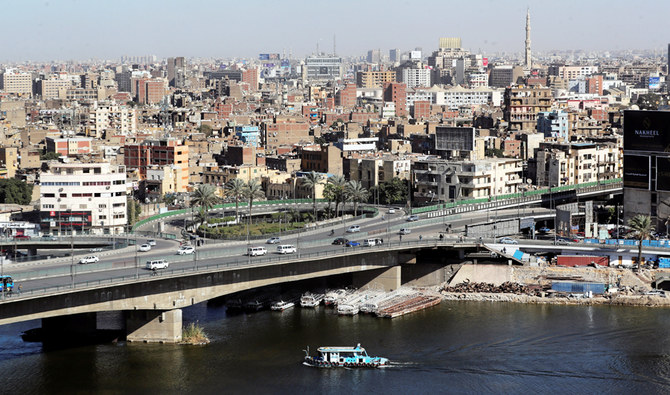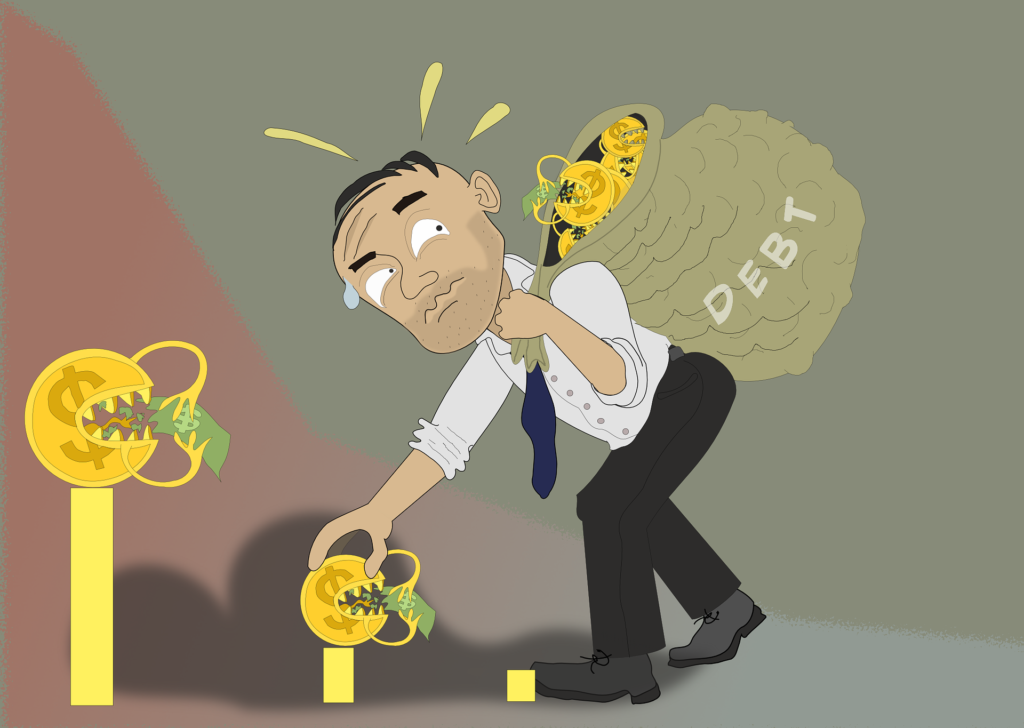S&P Global Ratings revised in March its outlook on Egypt’s economy to positive from stable while affirming its B-/B’ long- and short-term foreign and local currency sovereign credit ratings of Egypt.
The action came almost two weeks after the unprecedented moves taken by the Central Bank of Egypt (CBE) on March 6, through which the key interest rates have been hiked by 6% (600 bps), as well as letting the local currency be set according to the local market’s supply and demand forces.
On the same day, the International Monetary Fund (IMF) announced an expansion for its Extended Fund Facility (EFF) loan program for the country to $8 billion, up from $3 billion, with the long-awaited first and second reviews to be completed soon.
Positive outlook
S&P explained in a statement that the positive outlook reflects the potential improvement in Egypt’s external position and the alleviation of foreign currency shortages.
“It also reflects our view that the determination of the exchange rate by market forces will
help drive gross domestic product (GDP) growth and overtime support the government’s fiscal consolidation plan,” according to the S&P report.
The credit rating agency expects that exchange rate adjustment, foreign direct investments, and donor inflows would significantly reduce the dislocation in the FX market while boosting confidence and growth.
The Egyptian authorities’ commitment to future exchange rate flexibility, along with the policy anchor provided by an expanded IMF program and other expected fundings, is expected to support Egypt’s ability to adjust to external shocks and reduce inflation, interest rates, and government debt service costs, it added.
Egypt’s debt
Regarding Egypt’s debt, S&P projected government debt service to almost double in nominal terms in the current FY2023/2024 fiscal 2024, stressing that Egypt’s debt is a core weakness of its rating for the country.
Before the CBE’s big move, Egypt and the UAE signed a deal for the development and the operation of the coastal area Ras El-Hikma with total foreign direct investments (FDIs) amounting to $35 billion; $24 billion Egypt will receive in two months, while the remainder $11 billion are related to the UAE’s deposits at the CBE that will be used for the project’s investments.
Prime Minister Mostafa Madbouly stated that the government has similar FDI deals with other partners yet to be announced.
Egypt expects a revenue of $12 billion (3.5% of Egypt’s GDP) from the Ras El-Hekma project which will be reflected in the current FY2023/2024.
“We treat these funds as below-the-line and do not add them to government revenue. As a result, our government interest payments-to-revenue ratio will increase to 58% in FY2023/2024 and 62% in FY2024/ 2025, before moderating,” S&P said in the statement.
The US-based credit rating agency stated that the revision was prompted by a significant shift in the country’s economic policy. It emphasized that maintaining this policy, along with the expanded IMF loan deal, would prevent the accumulation of external imbalances and enhance the economy’s resilience to shocks over time.







